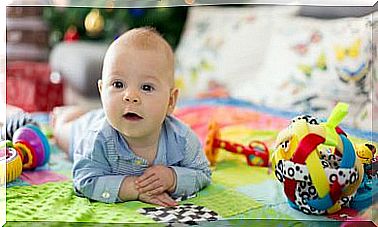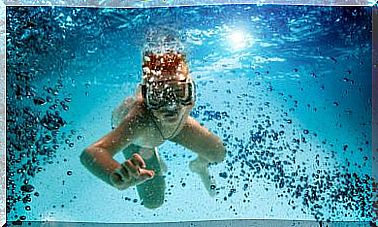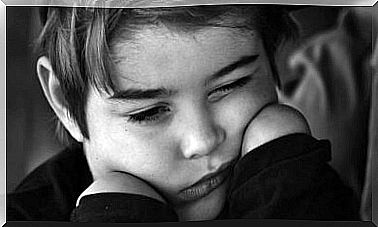What Is Unstructured Play?
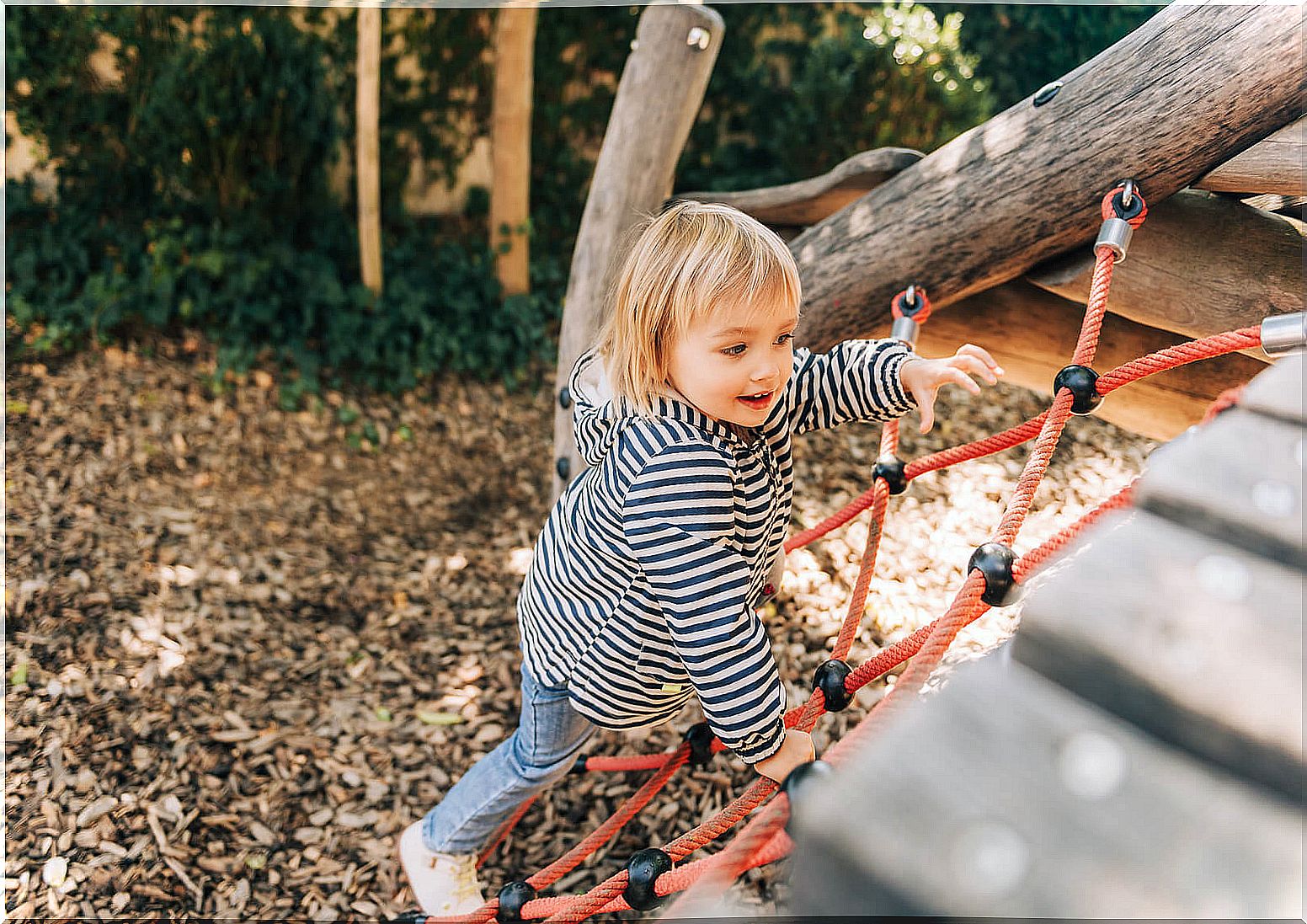
Unstructured play is a game without predetermined rules. There are no organized teams, uniforms, coaches or physical trainers. It is spontaneous, often made up on the spot and changes as the day progresses.
It’s the kind of game you see when puppies chase each other across a yard in endless circles. Or to which a group of children play for hours in a fort they created with old boxes.
Unstructured play is fun, to be sure, but research also tells us that it is vitally important for children’s brain and body development. One of the best ways to encourage unstructured play in young children is by providing open toys, or toys that can be used in multiple ways.
Unstructured play is important in childhood
Here are some reasons why unstructured play is crucial for children. In this way, you will be able to understand why, as a father or mother, it is important that you promote these types of games in your children’s daily routines.

Changes brain structure in important ways
Play changes the structure of the developing brain in important ways and strengthens the connections of neurons (nerve cells) in the prefrontal cortex, the area of the brain considered the executive control center in charge of solving problems, making plans and regulating emotions.
Because unstructured play involves trying different strategies without particular goals or serious consequences, children and other animals can practice different activities during play and see what happens. Unstructured play teaches how to deal with the unexpected, a skill of great importance in today’s uncertain world.
The game activates the entire neocortex
Gene expression (whether a gene is active or not) is affected by many different things in our lives, including our environment and the activities in which we participate. Jaak Panksepp, a professor at the University of Washington, studied rat play, earning him the nickname “rat tickle.”
He found that even half an hour of play affected the activity of many different genes and activated the outer part of the rat brain known as the neocortex, the area of the brain that is used for higher functions such as thinking, language and spatial reasoning. We don’t know for sure if this happens in humans, but some researchers think it probably does.
Teach children to have a positive interaction with others
Game with animals was thought to be simply practice so that they could become more effective hunters. However, Dr. Panksepp’s study of rat play led him to the conclusion that play had a completely different function: teaching young animals to interact with others in positive ways. He believed that play helps develop prosocial brains.
Children who play tend to be better students
Social skills acquired through play can help children become better learners. Research has found that the best predictor of academic achievement was a child’s social skills.
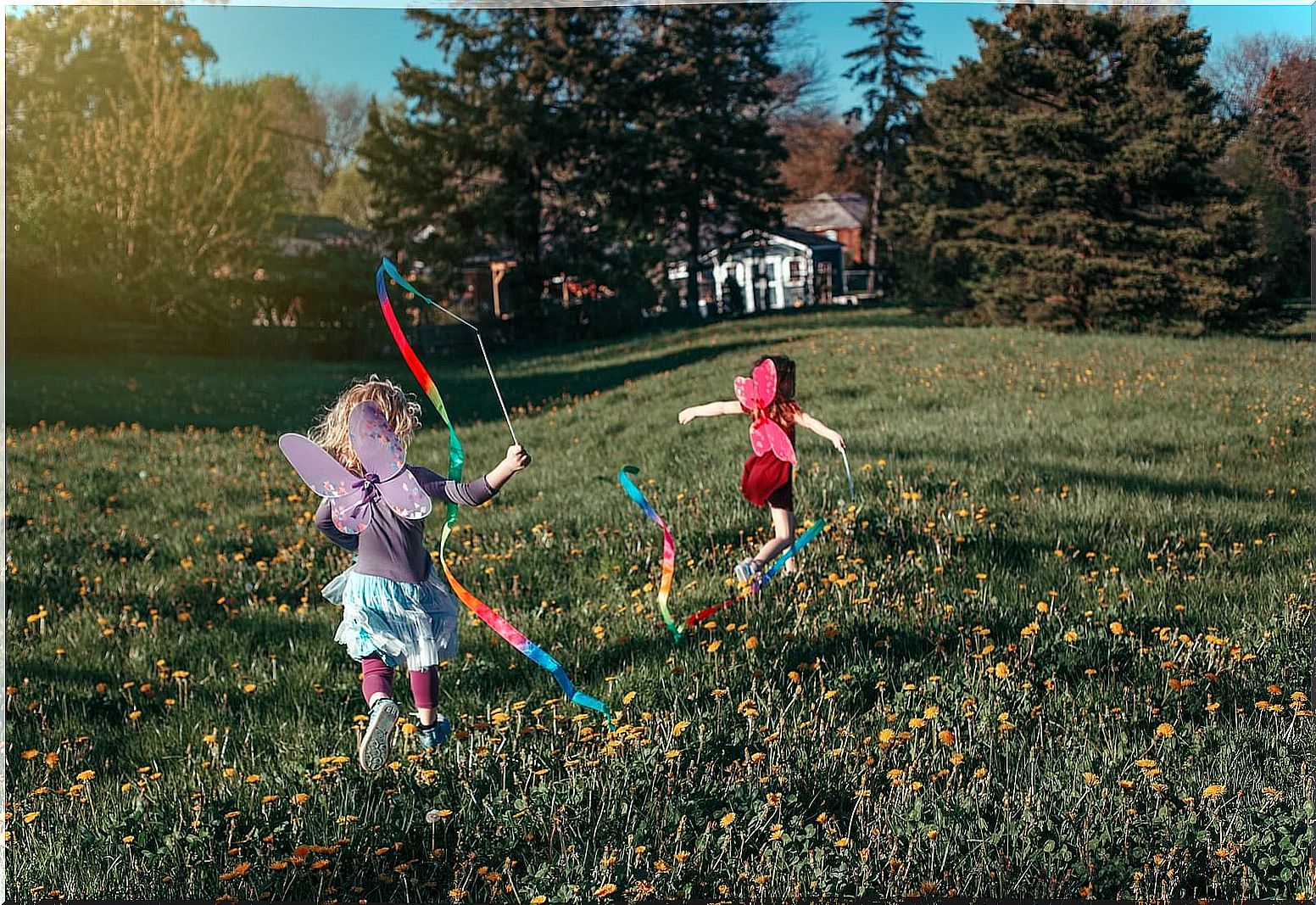
Unstructured play gets kids moving
We are all concerned that our children engage in very little physical activity, as they spend much of their time glued to their electronic devices and only their thumbs exercise.
Unstructured play, whether it’s running in the yard, climbing trees, or playing on commercial play structures in schools or public parks, means moving the whole body.
Physical activity helps children maintain a healthy weight and fights the development of type 2 diabetes, a very common condition in children by increasing the body’s sensitivity to the hormone insulin.
In today’s busy world, it is tempting for parents and children to fill every minute of their day with structured activities. Activities ranging from language classes before school to soccer and basketball practice. And a wide range of special classes and camps on weekends and summer vacations.
We don’t remember having time for unstructured play, time for children to get together with absolutely nothing planned and with no particular goals in mind except having fun. This, during childhood, is very important. It is at the same level of importance as learning academic content. So if you want your kids to have a good future, let them play unstructured games!

